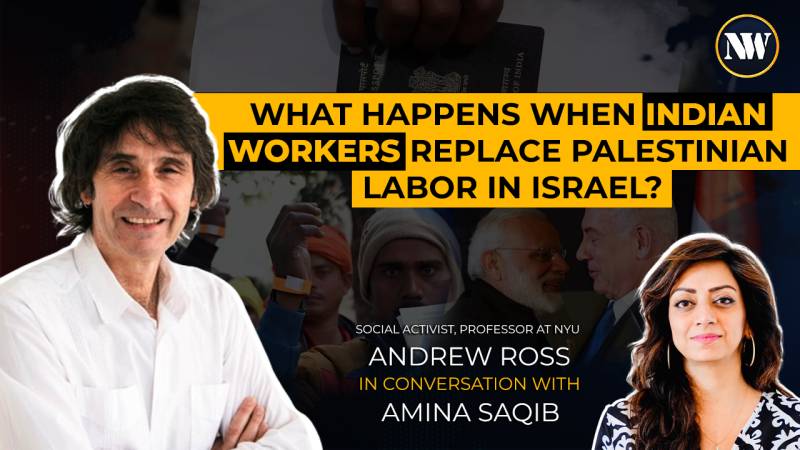
After October 7th, Israel revoked work permits for Palestinians who had been employed in Israel. Palestinians were labeled as illegal aliens, faced arrest, and were reportedly beaten and tortured. This policy was part of a mechanism of control, with permits revoked if workers or their families engaged in political activities. Employers preferred Palestinian workers due to their lower wages and compliance, and the use of their labor was seen as a method of pacification.
Following the revocation of Palestinian work permits, Israel looked for new sources of labor. Countries like China refused to send workers during the ongoing conflict, but India agreed to send a large number of workers. The alliance between Hindu nationalism in India and Zionism in Israel has deepened, leading to this arrangement. Only Hindu workers are allowed in, as Israel does not want more Muslims. Indian trade unions and civil servants have expressed concerns over the safety and protection of these workers. Despite these risks, Indian workers have begun arriving in Israel.

